Mozambique: Customs Director General opens workshop on illegal wildlife trade - Photos
World Bank approves $150 million to improve incomes and build resilience in Northern Mozambique
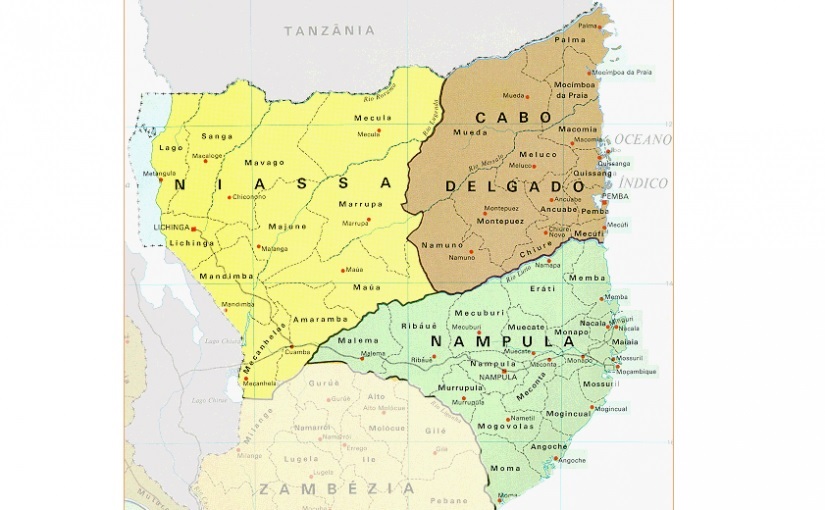
In order to improve incomes and build social and economic resilience of local communities in selected rural areas of Northern Mozambique, the World Bank approved on Friday, June 18, a $150 million credit from the International Development Association (IDA) in support of the Government of Mozambique’s Northern Mozambique Rural Resilience Project. [You may read, download the Concept Project Information Document HERE]
“This operation complements our efforts aimed at supporting Mozambique to address some of the key drivers of fragility in rural communities in Northern Mozambique, noted Idah Z. Pswarayi-Riddihough, World Bank Country Director for Mozambique, Madagascar, Comoros, Mauritius, and Seychelles. “It is my hope that local communities, especially women and youth, be adequately represented in decision-making processes, and benefit from the project’s support proportionately to their involvement in livelihoods activities in targeted areas.”
More specifically, the operation will contribute to improving access to livelihood opportunities for rural community members affected by conflict. To this end, the project will provide support to districts and communities to stabilize internally displaced persons (IDPs) and host communities’ living conditions; generate livelihoods opportunities in sustainable agriculture and fisheries; invest in local infrastructure to improve economic activity; and promote inclusive and participatory development and decision making for improved social integration. The project will also invest in improved management of natural resources, including forestry, fisheries, biodiversity and soil, and will adopt community-driven and climate-sensitive approaches to improved management of natural resources on which rural livelihoods depend.
“The project will benefit approximately 300 communities (about 619,000 beneficiaries), particularly those most vulnerable to compounded shocks and fragility affecting the region,” said Franka Braun, Senior Natural Resources Management Specialist and the project’s Task Team Leader. It will directly benefit local communities living in the target landscapes, by promoting improved access to livelihood opportunities and healthier ecosystems.” A critical indirect benefit to communities will be the value derived from increased quality of the natural resource base.
“By deliberately adopting a community driven approach, the project is investing in dialogue, participation, consensus building, and good governance, which will ultimately contribute to restoring the social fabric and trust lost through conflicts,” added Ann-Sofie Jespersen, Senior Governance Specialist and the project’s co-task team leader.
“We need to promote climate-smart and socially acceptable solutions across all activities and sectors of intervention – from infrastructure to agriculture, fisheries, and forestry to build resilience and coping mechanisms in preparation of the next set of shocks,” added Giuseppe Fantozzi Senior Agriculture Economist and the project’s co-Task Team Leader.
This operation will be implemented by the Ministries of Agriculture and Rural Development (MADER), Land and Environment (MTA) and Sea, Inland Waters and Fisheries (MIMAIP), and it is in line with the country’s priorities outlined in its five-year plan, the Bank’s partnership framework with Mozambique for FY 2017-21, as well as the new conflict-prevention and resilience-building focus of the World Bank activities in Mozambique.
- The World Bank’s International Development Association (IDA), established in 1960, helps the world’s poorest countries by providing grants and low to zero-interest loans for projects and programs that boost economic growth, reduce poverty, and improve poor people’s lives. IDA is one of the largest sources of assistance for the world’s 76 poorest countries, 39 of which are in Africa. Resources from IDA bring positive change to the 1.5 billion people who live in IDA countries. Since 1960, IDA has supported development work in 113 countries. Annual commitments have averaged about $21 billion over the last three years, with about 61 percent going to Africa.




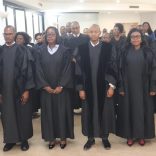
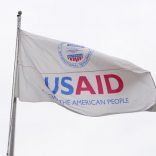
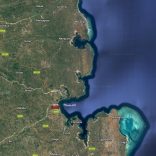
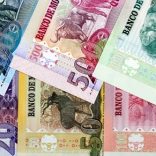




Leave a Reply
Be the First to Comment!
You must be logged in to post a comment.
You must be logged in to post a comment.